Diabulimia, a term that merges diabetes with bulimia, is a lesser-known but potentially dangerous condition that affects individuals managing type 1 diabetes. It involves the deliberate misuse of insulin for weight control purposes, often leading to severe health complications. In this blog post, we'll delve into what diabulimia is, its causes, signs, and the importance of early detection and treatment.
Diabulimia is not officially recognized as a medical diagnosis but is commonly used to describe the phenomenon where individuals with type 1 diabetes deliberately restrict or manipulate their insulin intake to lose weight. Insulin is a crucial hormone for regulating blood sugar levels, and its misuse can lead to serious health consequences.
The causes of diabulimia are complex and multifaceted, often stemming from a combination of factors including societal pressure to attain a certain body image, fear of weight gain associated with insulin therapy, and psychological issues such as low self-esteem, depression, or anxiety. Additionally, the relentless demands of managing diabetes can contribute to feelings of overwhelm and a desire to regain a sense of control, albeit in a harmful manner.
Recognizing the signs and symptoms of diabulimia is crucial for early intervention and treatment. Some common indicators include:Unexplained weight loss despite increased food consumption, Poor blood sugar control or frequent episodes of hyperglycemia,Excessive urination and thirst, Fatigue and weakness, changes in mood or behavior, such as increased irritability or withdrawal, and obsessive preoccupation with body weight and shape.
Left untreated, diabulimia can lead to severe health complications, including diabetic ketoacidosis (DKA), nerve damage, kidney problems, cardiovascular issues, and even death. Therefore, early intervention is essential to address both the physical and psychological aspects of the condition. Treatment typically involves a multidisciplinary approach, including medical management of diabetes, nutritional counseling, psychotherapy, and support groups.
One of the biggest challenges in addressing diabulimia is the stigma surrounding both diabetes and eating disorders. Individuals may feel ashamed or embarrassed to seek help, fearing judgment or misunderstanding from others. It's important to break down these barriers and create a safe, supportive environment where individuals feel empowered to reach out for assistance.
Diabulimia is a complex and often misunderstood condition that requires greater awareness and understanding within both the medical community and society at large. By recognizing the signs and symptoms, promoting early intervention, and fostering a supportive environment, we can help individuals living with type 1 diabetes receive the comprehensive care they need to overcome diabulimia and lead healthier, happier lives. If you or someone you know is struggling with diabulimia, don't hesitate to seek help from a healthcare professional or support group. Recovery is possible with the right support and resources.
Diabulimia is not officially recognized as a medical diagnosis but is commonly used to describe the phenomenon where individuals with type 1 diabetes deliberately restrict or manipulate their insulin intake to lose weight. Insulin is a crucial hormone for regulating blood sugar levels, and its misuse can lead to serious health consequences.
The causes of diabulimia are complex and multifaceted, often stemming from a combination of factors including societal pressure to attain a certain body image, fear of weight gain associated with insulin therapy, and psychological issues such as low self-esteem, depression, or anxiety. Additionally, the relentless demands of managing diabetes can contribute to feelings of overwhelm and a desire to regain a sense of control, albeit in a harmful manner.
Recognizing the signs and symptoms of diabulimia is crucial for early intervention and treatment. Some common indicators include:Unexplained weight loss despite increased food consumption, Poor blood sugar control or frequent episodes of hyperglycemia,Excessive urination and thirst, Fatigue and weakness, changes in mood or behavior, such as increased irritability or withdrawal, and obsessive preoccupation with body weight and shape.
Left untreated, diabulimia can lead to severe health complications, including diabetic ketoacidosis (DKA), nerve damage, kidney problems, cardiovascular issues, and even death. Therefore, early intervention is essential to address both the physical and psychological aspects of the condition. Treatment typically involves a multidisciplinary approach, including medical management of diabetes, nutritional counseling, psychotherapy, and support groups.
One of the biggest challenges in addressing diabulimia is the stigma surrounding both diabetes and eating disorders. Individuals may feel ashamed or embarrassed to seek help, fearing judgment or misunderstanding from others. It's important to break down these barriers and create a safe, supportive environment where individuals feel empowered to reach out for assistance.
Diabulimia is a complex and often misunderstood condition that requires greater awareness and understanding within both the medical community and society at large. By recognizing the signs and symptoms, promoting early intervention, and fostering a supportive environment, we can help individuals living with type 1 diabetes receive the comprehensive care they need to overcome diabulimia and lead healthier, happier lives. If you or someone you know is struggling with diabulimia, don't hesitate to seek help from a healthcare professional or support group. Recovery is possible with the right support and resources.
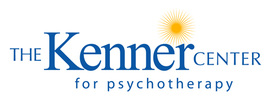


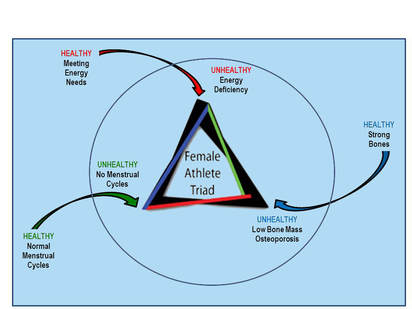
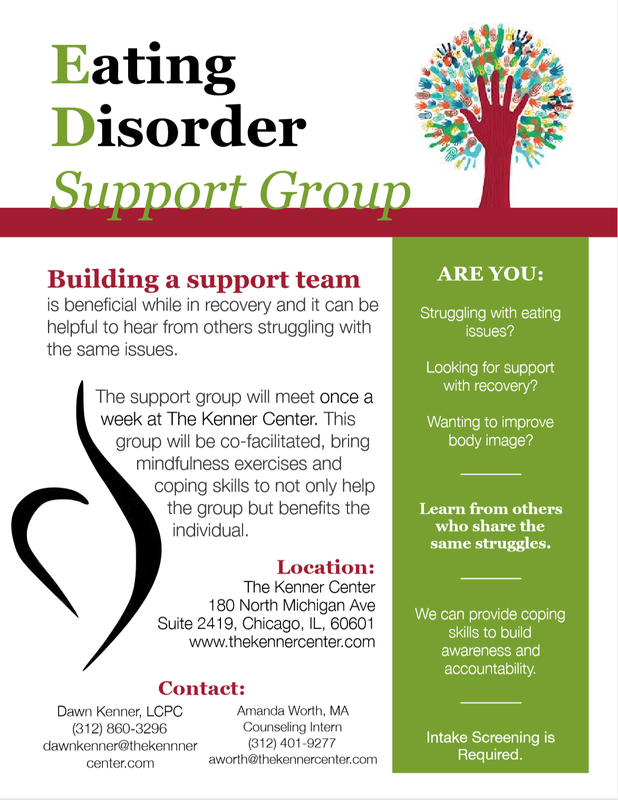
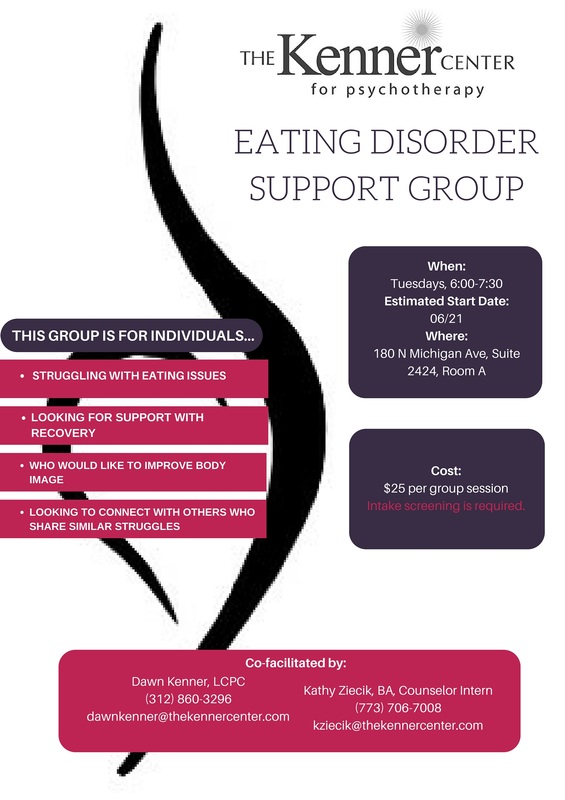
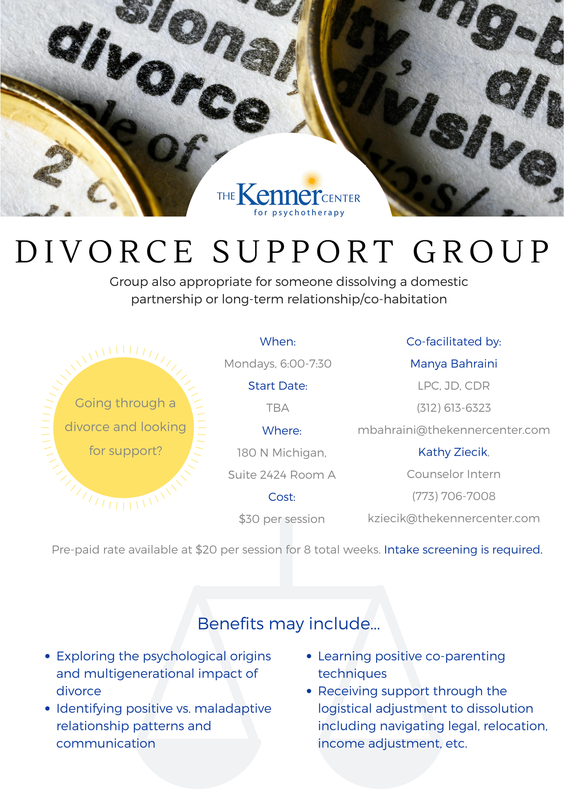
 RSS Feed
RSS Feed